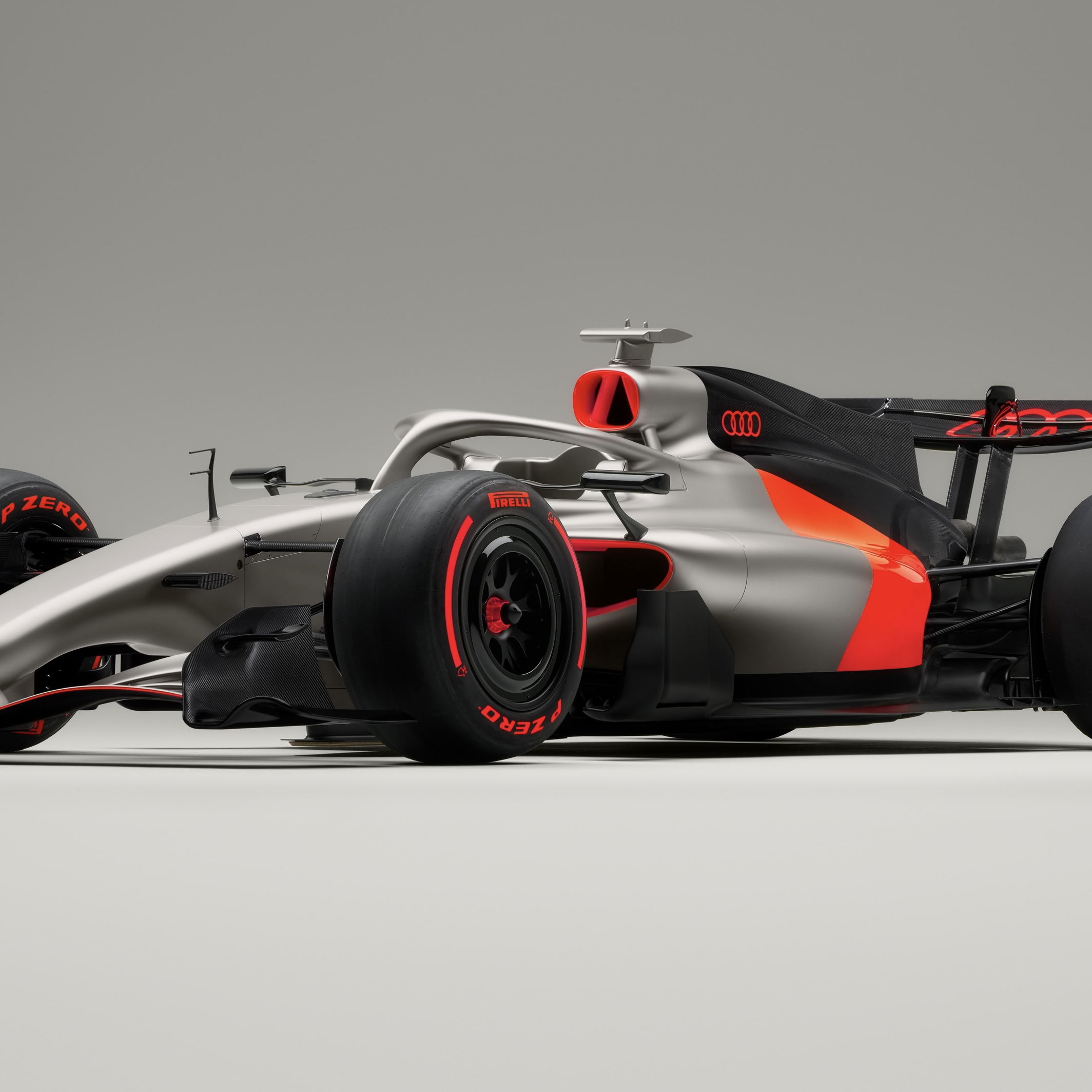Why I'm Not Sad About The Loss Of The Audi W12
As we’ve recently reported, the latest generation of the flagship Audi A8 will be the last to feature the bizarrely awesome W12 engine. Of course, this is yet another casualty of changing times, rising fuel prices and the desire to look after the polar bears. Normally, losing yet another 12-cylinder engine would bring about a bit of sadness in my heart.
But not this time. In fact, I’m actually slightly disappointed in Audi for even bothering to keep it alive.
I know that’s a pretty strong statement, but it’s one that I truly believe isn’t very far out of line with the ethos of the Audi A8. Yes, it’s a car that’s all about luxury and refinement and state-of-the-art technology. Seeing as how the W12 engine is a marvel of engineering with boatloads of low-end torque and petrol-powered smoothness, it’s easy to see why one might want it in their A8. But is it really all that wonderful for its intended purpose?
Let’s look at the W12 in its latest iteration, the 6.0-litre twin-turbocharged monster that powers the Bentley Continental GT, Flying Spur and Bentayga. The new A8 uses a slightly de-tuned version of the Bentley engine that produces 585bhp and 625 pound feet of torque. Truth be told, that’s not particularly impressive for a 12-cylinder motor fitted with two turbos. To give you some perspective, the latest Ford GT makes more horsepower (albeit with less peak torque) using the same number of turbos, but half the cylinders. I know the W12 was intended for smoothness and not brute force, but when mainstream engines are as smooth as the 3.5-litre EcoBoost in the honest-to-goodness Ford F-150, it’s tough to imagine how much difference you would actually be able to notice with the W12.
With that being said, I do hold a bit of a place in my heart for the “no replacement for displacement” mantra. No doubt, the W12 is about as smooth and well-balanced as the gasoline engine will ever get. The only problem is that the much cheaper 4.0-litre, twin-turbo V8 engine available on the A8 (and the Continental GT, for that matter) isn’t far off in terms of refinement. In fact, there’s probably an added sense of luxury in the sense that you won’t have to fill up the tank as often as you would with the W12.
That leaves outright power as the main argument in favour of the W12. Before going after that point of contention, I’d be remiss if I didn’t point out the fact that the previous-generation Audi S8 was equipped with the 4.0-litre V8 engine I just described, and was still faster than the naturally-aspirated W12 that was available at the time. Back then, if speed was your prerogative, the cheaper and faster S8 was the obvious choice. But let’s say, for the sake of argument, that the new W12 shaves off a bit of the old S8’s 3.8-second 0-60mph time. If you’re truly into the A8 for its stoic, refined demeanor, do you really care about that much speed?
Of course, if I had enough money to afford the new A8 W12, I’d probably say “yes”, even though I freely admit that these performance gains really only have any real-world value in a game of Top Trumps. But I honestly wouldn’t care, because I would have the greatest combination of power and refinement that VAG’s engineers could possibly give me.
Except that I wouldn’t.
What really annoys me about Audi’s decision to keep putting the W12 into their flagship A8 is that it’s not even the best engine they could have used for the job. Case in point: the Porsche Panamera Turbo S E-Hybrid. The drivetrain in this car is simply incredible. Even though it “only” has 8 cylinders, the plug-in hybrid system makes 680bhp and 626 pound feet of torque, with the electric motor virtually eliminating any sort of turbo lag that you’d get in a non-hybrid engine. In other words, it’s better than the W12 in pretty much every conceivable way.
All in all, there isn’t a whole lot of love lost between myself and the W12 engine. Admittedly, I fell in love with it when the first Bentley Continental GT came out in 2002. Back then, that engine was about as awesome as it got. But time has marched on, and the simple reality is that there’s nothing about the W12 engine that modern technology can’t beat today.






Comments
I sorta kinda understand, but the W12 is still smoother than a V8…
Being objective I can’t understand what were Volkswagen engineers thinking when they fitted this monster to the modest Passat back in 2001. Wouldn’t mind driving one tho, sure it’s fun.
Having larger engines had become more of a word of mouth brag and nothing more, technology is such we do not need all those Vs
But a W12 has character, something a V8 lacks. Outside of the VW group, how many W configurations are there? But there are some good points in there